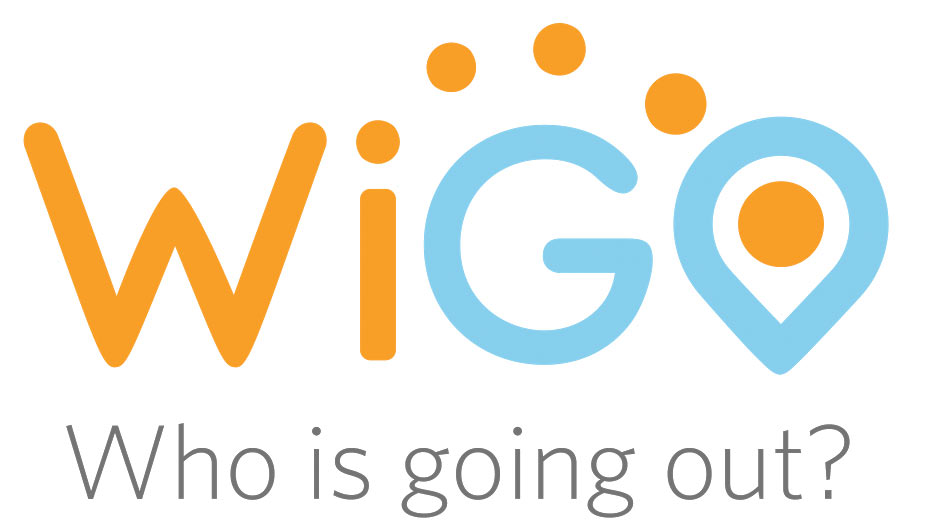It’s a Friday night and there’s one question burning through every college student’s mind: Who is going out?
As members of the iGeneration, students are obsessed with social media and fighting FOMO – the fear of missing out.
Students can fear no more.
Wigo, short for “who is going out,” is a free social planning app that allows students to see who’s going where, doing what, when and why in their college, every single night.
The app is similar to the “events” feature on Facebook. An organizer, such as a fraternity or sorority, will post an event and send out invitations via Wigo. Students can then join the event to let others know whether or not they’ll be attending. The organizers can make money for each person after 100 that attends the event.
CEO and Co-founder Ben Kaplan, 23, came up with the idea in his freshman dorm room at College of the Holy Cross. He had just won $100 in a competition similar to “Shark Tank,” where entrepreneurs-to-be pitched their greatest ideas to a panel of ruthless investors.
“I wanted to create something that I could use at my school with my friends,” he said.
After spending a summer designing his idea, Kaplan borrowed money from his parents to hire a programmer to create the app. He then had a soft launch with the 2,800 students of his alma mater in Worcester, Massachusetts, in January 2014.
“Within three weeks, half the school was using the app,” Kaplan said. “I had to make a decision. Either this goes onto my resume as a fun experience, or I take it to the next level.”
Kaplan dropped out of college to devote all of his time to the success of his company. He was introduced to Paul English, co-founder of the travel website Kayak, who had just launched a new accelerator program and was interested in Wigo.
Through English’s program, Kaplan was able to raise $500,000 in seed money. Since then, Wigo has had 30 downloads a day.
One key feature of Kaplan is its exclusive reach to college students. To download the app, users must have a university email address and a Facebook account to block out townies and non-students.
“It’s a safer social media network,” said Tyler Swartz, the company’s director of business development. “No random sketchballs are going to know what you’re going to be doing. We like to say, ‘protect your wild side.’”
Swartz was a sophomore majoring in entrepreneurship at the University of Maryland when he decided to take a break from classes after joining the Wigo team. As the first student at UMD to download the app, Swartz shared it with his Delta Chi fraternity brothers, who then shared it with their friends. The Delta Chi brothers started using the app to invite people to their parties, introducing the Maryland student body to Wigo.
Going beyond connecting people online, Wigo gives people the opportunity to meet up in person.
“Wigo gives you the ability to connect in real life,” Swartz said. “It’s all about having a good time.”
After the success he achieved at his own college, Swartz contacted Kaplan about interning at the company and was quickly promoted.
“And now, I have equity in the company,” he said.
Wigo users are from big schools across the nation, including Coastal Carolina, Florida State, Ohio State and Tulane. At least 5 percent of the students at a school must download the app before it gets “unlocked” on the campus.
UM students like freshman Victoria Saldan believes it would be great to have Wigo on campus.
“I need to be in the loop at all times,” she said.







